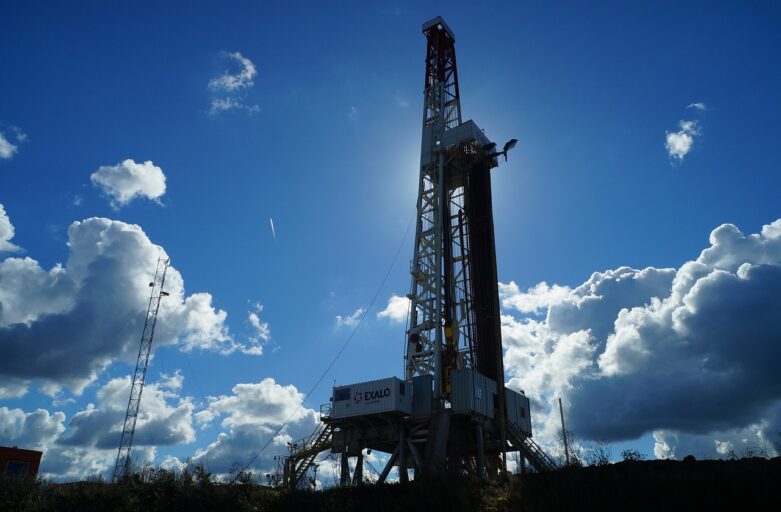So says Yogi Berra!
Yogi Berra, a former American baseball player and member of Major League Baseball’s Hall of Fame, is well known for his many malapropisms. Even those of us who are too young to have heard them when they first left his lips are familiar with many of these memorable phrases.
And this one is certainly applicable to the cycles of boom and bust in the oil industry.
People are kind of funny; we seem to have a very limited memory of some less-than-pleasant events in our lives, which is probably a good thing. When times are good and things are moving forward, we all get caught up in the momentum and roll with it, never knowing how long it will last but enjoying the ride.
But just like every industry, there comes a time when things cool down. Basic economic theory teaches us that economies can’t exist in an environment of uncontrolled and unending growth. Every economy and every industry will go through a cycle of contraction and control.
This is not necessarily a bad thing. It gives those involved in the industry a chance to catch their breath, regroup and plan for the future.
Those who fear the contraction the most tend to be those who are the least prepared. These are the folks who have overextended themselves and have lost equity, and thus, value, in their business.
Others, who have grown in a more measured fashion are better prepared to weather the storm and come out of it in a position to benefit from the deals that will inevitably appear.
So how do you make sure that you are a survivor? And how do you position yourself to take advantage of the surfacing opportunities?
The following 5 tips will help guide you in the right direction.
1. Take stock of what you have. This includes people, materials, equipment, etc. Are you utilizing all of your assets to their full extent?
2. Continue networking with others in your field. Perhaps there are some items that are bogging you down in your business that you can trade or sell to others who generally need the same items as you do.
3. Do NOT stop marketing. Many businesses fall into the unfortunate trap of pulling back on their marketing efforts when things get tough. Marketing is seen to be an ‘optional’ spending area. But if you stop marketing, you disappear from view and have to pick up from ground zero when the economy improves. Rather than stopping marketing, make more judicious choices, ensuring that you are getting the most out of your reduced marketing budget. This is likely a good time to look at hiring the expertise of a marketing professional who can point you in the right direction.
4. Look for opportunities to create allegiances with others who provide complementary services. Word of mouth is, and always will be, a huge factor in obtaining business, since there is already a built-in element of trust. Strong allegiances can help ensure that you are getting business that would likely otherwise go to someone else.
5. Stop listening to every analyst and economist offering their two-cents worth on what’s happening. Or at least, take it with a grain of salt. Just a couple of months ago, scores of economists were forecasting a price per barrel free-fall to less than $30 per barrel; in some cases, even as low as $20 per barrel. Well, that didn’t happen, did it? And although we would all like a higher price than we are currently dealing with, relatively stability in the range of $50 is better than what they forecast.
We also all know that it is just a matter of time until this correction has run its course, the political obstacles are behind us, and the industry once again is sailing along. While we are waiting for this to happen, hold your head high, evaluate where you have been and where you want to be when the dust settles, and make sure you are marketing your business so you will be in a position to capitalize on the opportunities when they arise!
Until next time…
Are you ready to grow your business now? If you’re ready to take the next step and make your business more profitable, contact us today.
This article was published in the April 2015 issue of the Oilfield Pulse Newsletter.
If you like the information you are receiving, please consider forwarding this post.
